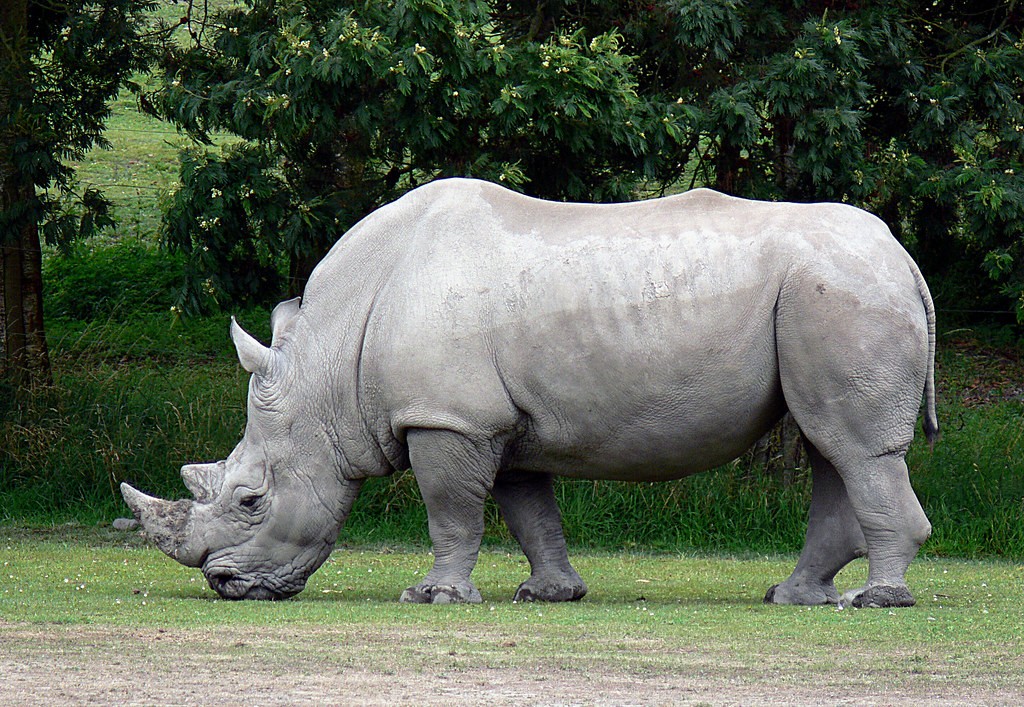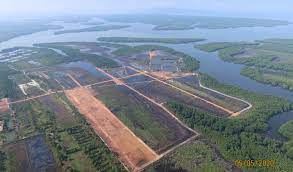Elon Musk has talked about creating an electric plane, I think that this is a fantastic idea, but not from a tesla fanboy point of view.
Electric planes are in their infancy. There are a range of extremely light weight aircraft for learning to fly. There are also an increasing number of island hopper jets, which can allow easy access for small communities – at prices that are affordable, and therefore long-term as well as the far more environmentally friendly setup.
The other big move in this arena, is Ryanair. They are a budget airline operating throughout Europe, but they are building an aircraft which should be able to carry 186 people (31 rows of 6 seats) that would cover 80% of their routes. My hope is that this is a move into them behaving in a more compassionate way – they have a reputation of treating people poorly (I have experienced that first hand but that is another story)
Elon Musk envisaged a vertical take off and landing aircraft, and one which would fly high enough to travel at supersonic speeds. He did state that he thought batteries needed to reach 400wh/kg and the batteries that run tesla cars are currently 260wh/kg, so were still some way off. Having said that, tesla has some of the best battery research going on, and they are confident that the batteries will be ready in the next 3 or so years.
So what impact would a tesla plane have? Well what Musk is describing is largely a private jet, not a passenger jet. Never-the-less Tesla cars started and high cost and came down. It is likely that a Tesla plane would do something similar. Certainly, with the weight Tesla can bring to bare, it is likely that any involvement by Tesla would push the electrical aviation market place to new heights.















